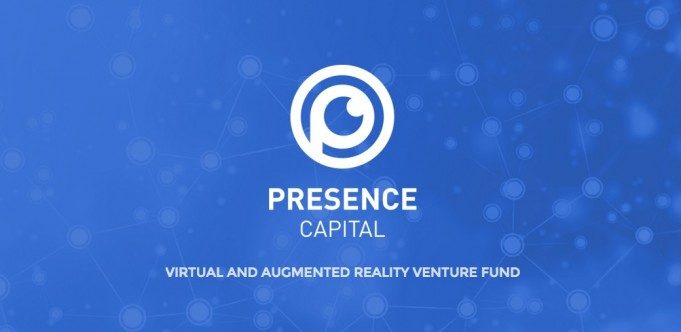 Presence Capital is a new early-stage venture capital firm that’s focused on funding virtual reality and augmented reality startups. I had the chance to interview one of the co-founders Amitt Mahajan at the VRX Conference about this new fund and how he plans on applying the lessons he learned from the causal, social & mobile gaming market to VR.
Presence Capital is a new early-stage venture capital firm that’s focused on funding virtual reality and augmented reality startups. I had the chance to interview one of the co-founders Amitt Mahajan at the VRX Conference about this new fund and how he plans on applying the lessons he learned from the causal, social & mobile gaming market to VR.
LISTEN TO THE VOICES OF VR PODCAST
Amitt Mahajan was a part of the early development of mobile and social gaming as the CTO of MyMiniLife, which was technology that was acquired by Zynga and used within FarmVille.
Presence Capital today announced an inaugural fund of $10 million and has already invested in VR and AR companies includingHarmonix (makers of the game Rock Band), Baobab (story and character-driven cinematic experiences in VR),Waygo (Automatic translation of Asian languages to English), as well as some other unannounced companies.
Amitt says that there’s a lot of parallels between what happened in social and mobile platforms, and what they expect to happen within VR. For example, in the early days of mobile gaming, the free-to-play business model was still evolving through in-app purchases and ad network models. But now that these have been established and proven to work, then we have the benefit of hindsight as we move into mobile VR games.
Amitt says that it comes down to user expectations when thinking about the differences between causal mobile games and a room-scale VR experience. Not only are the price points a lot different, but there is not going as much tolerance for ads and in-app purchases in a room-scale VR experience because it’s seen as a more premium and high-fidelity experience where you pay more upfront and don’t think about micro-transactions.
Another huge lesson that comes from mobile gaming is how it’s the early movers who are able to create a platform and network of users that can be used to release a series of games and not just a single release. A good example is King who were building Facebook applications like Candy Crush, and then cross promoting their mobile applications as well as new titles. Venture capital firms like Presence Capital are less interested in funding one-off games, but will be looking towards funding strong teams who are able to create a sustainable series of titles that build of one another.
See Also: What $136 Million Invested in November Alone Says About the VR Industry
Amitt talks about what he looks for in funding companies, how he sees advertising may play out in VR, and some of his favorite VR experiences including Epic’s Bullet Train and Oculus’ Toybox demo showing the potential of social VR. He’s also really excited about the potential of productivity apps in VR as well as how VR can revolutionize education and training. Finally, he sees that there will be a lot more market opportunity for augmented reality in the long-run, even though it may be another year or two before that market will be ready for consumers.
Become a Patron! Support The Voices of VR Podcast Patreon
Theme music: “Fatality” by Tigoolio







